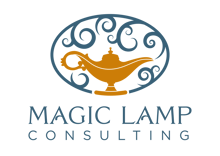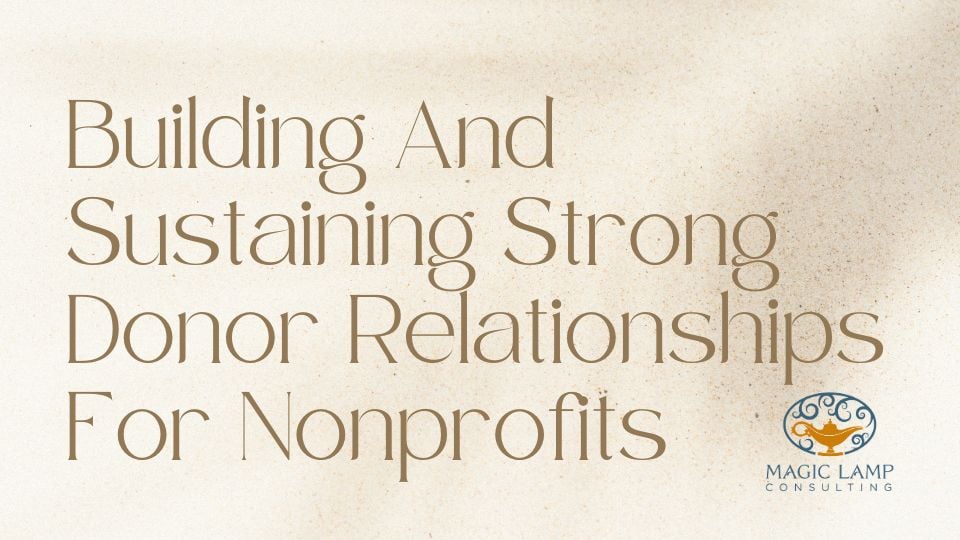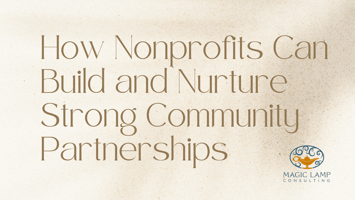Building and Sustaining Strong Donor Relationships for Nonprofits

For nonprofit organizations, cultivating and maintaining strong donor relationships is crucial to their survival and long-term success. While fundraising events and grant applications can bring in much-needed revenue, developing strong, ongoing relationships with donors ensures another sustainable source of funding and support. Below we will discuss the best practices for nurturing and retaining lifelong supporters for your nonprofit organization.
Understand Your Donors
The first step in building strong donor relationships is understanding who your donors are and why they support your cause. Research their interests, demographics, and preferences by conducting surveys, interviews, or focus groups. Analyze your donor database to identify patterns and trends. This knowledge will help you develop tailored communications and engagement strategies that resonate with your audience.
Communicate Regularly and Transparently
Transparent and regular communication is vital in building trust and credibility with your donors. Make sure to keep them updated on your organization's goals, accomplishments, and challenges to help them feel involved. Share stories of impact, both on an individual and community level, to demonstrate how their contributions are making a difference. Use a mix of communication channels, such as email, social media, and direct mail, to ensure that your message reaches your donors effectively.
Personalize Your Outreach
Donors appreciate personalized outreach that shows you value their contributions and recognize their unique interests. Address your donors by name, acknowledge their giving history, and tailor your messages to their preferences. This personalized touch not only makes donors feel appreciated but also increases the likelihood of future engagement and donations.
Show Gratitude and Appreciation
A simple 'thank you' goes a long way in fostering strong donor relationships. Express your gratitude through personalized thank-you notes, phone calls, or even small tokens of appreciation. Unless they request to be anonymous, publicly recognize your donors by featuring their names on your website, annual reports, or newsletters. Make sure to acknowledge their contributions promptly, as timely appreciation significantly impacts donor retention.
Provide Opportunities for Involvement
Engaged donors are more likely to become long-term supporters of your organization. Provide them with various opportunities for involvement, such as volunteering, attending events, or joining committees. Encourage them to become ambassadors for your cause, sharing their experiences with their networks and helping to expand your reach.
Listen and Respond to Feedback
Encourage open dialogue with your donors and be receptive to their feedback. This demonstrates that you value their opinions and are committed to continuous improvement. Address any concerns they may have and implement their suggestions when appropriate. This active engagement helps to strengthen their sense of ownership in your organization's success.
Evaluate and Optimize Your Strategies
Regularly evaluate your donor relationship-building strategies to ensure they are effective and meet your goals. Analyze data on donor retention, gift amounts, and frequency to identify trends and areas for improvement. Continuously refine your strategies based on this data to maintain and grow strong donor relationships.
Understand Your Donors
The first step in building strong donor relationships is understanding who your donors are and why they support your cause. Research their interests, demographics, and preferences by conducting surveys, interviews, or focus groups. Analyze your donor database to identify patterns and trends. This knowledge will help you develop tailored communications and engagement strategies that resonate with your audience.
Communicate Regularly and Transparently
Transparent and regular communication is vital in building trust and credibility with your donors. Make sure to keep them updated on your organization's goals, accomplishments, and challenges to help them feel involved. Share stories of impact, both on an individual and community level, to demonstrate how their contributions are making a difference. Use a mix of communication channels, such as email, social media, and direct mail, to ensure that your message reaches your donors effectively.
Personalize Your Outreach
Donors appreciate personalized outreach that shows you value their contributions and recognize their unique interests. Address your donors by name, acknowledge their giving history, and tailor your messages to their preferences. This personalized touch not only makes donors feel appreciated but also increases the likelihood of future engagement and donations.
Show Gratitude and Appreciation
A simple 'thank you' goes a long way in fostering strong donor relationships. Express your gratitude through personalized thank-you notes, phone calls, or even small tokens of appreciation. Unless they request to be anonymous, publicly recognize your donors by featuring their names on your website, annual reports, or newsletters. Make sure to acknowledge their contributions promptly, as timely appreciation significantly impacts donor retention.
Provide Opportunities for Involvement
Engaged donors are more likely to become long-term supporters of your organization. Provide them with various opportunities for involvement, such as volunteering, attending events, or joining committees. Encourage them to become ambassadors for your cause, sharing their experiences with their networks and helping to expand your reach.
Listen and Respond to Feedback
Encourage open dialogue with your donors and be receptive to their feedback. This demonstrates that you value their opinions and are committed to continuous improvement. Address any concerns they may have and implement their suggestions when appropriate. This active engagement helps to strengthen their sense of ownership in your organization's success.
Evaluate and Optimize Your Strategies
Regularly evaluate your donor relationship-building strategies to ensure they are effective and meet your goals. Analyze data on donor retention, gift amounts, and frequency to identify trends and areas for improvement. Continuously refine your strategies based on this data to maintain and grow strong donor relationships.





